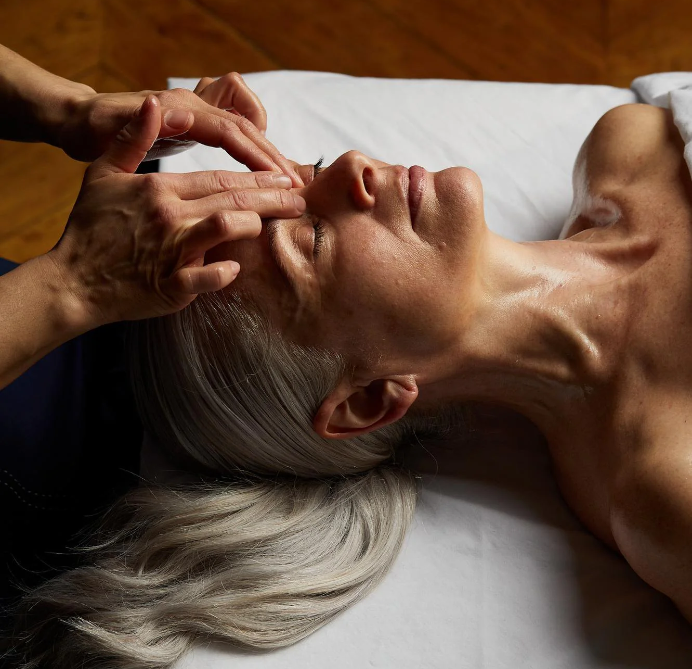
Luxury industry leaders recently gathered at the Ritz-Carlton in Naples, Florida for the 2014 Luxury Summit hosted by American Express Publishing. The event featured a range of speakers, including executives from Cartier North America, Marriott International, and Gucci, who discussed topics like time, philanthropy, and consumer behavior.
Approximately 150 attendees from top companies such as American Express, Bergdorf Goodman, and Hyatt Hotels traveled to the Summit. Richard David Story, Editor-in-Chief of Departures magazine, and Evelyn Webster, Executive Vice President of Time Inc., led the discussions.
Key topics included:
**Heritage, Craftsmanship, and Design**
One major theme was the significance of a company’s heritage to luxury consumers. Emmanuel Perrin, President and CEO of Cartier North America, emphasized how Cartier’s French heritage influences its craftsmanship and design. He noted the importance of showcasing their dedication to quality and detail.
**Creating Desirability**
Perrin also discussed how creating desirability is essential for luxury brands. If a product is highly desired, it becomes a status symbol, like Cartier’s bracelets and watches. Peter Noel Murray, Ph.D., highlighted that emotions drive consumer behavior and that marketing should reflect the consumer’s perspective rather than just focusing on the product.
**The Role of Mobile Phones**
Perrin mentioned that mobile phones are becoming crucial for luxury brands. With 70% of web searches now done on mobile devices, Cartier aims to enhance the customer experience on these platforms.
**Consumer Opinions and Online Reviews**
According to the 9th annual “Survey of Affluence and Wealth” by YouGov and Time Inc., affluent consumers are increasingly influenced by online reviews and expert opinions rather than brand messaging alone. This survey revealed that 72% of wealthy U.S. consumers value online user reviews, and 64% are influenced by expert reviews when making purchasing decisions.
**Experiential Travel**
In luxury travel, guests are increasingly interested in experiencing the local culture. Arne M. Sorenson, President and CEO of Marriott International, discussed how travelers want to feel connected to their destinations, whether it’s Puerto Rico or Half Moon Bay. Marriott is focusing on providing unique, memorable experiences rather than uniform hotel environments.
**The Younger Generation’s Preferences**
Sorenson noted that younger generations, like Gen Y, value authentic experiences over mere luxury. They are constantly connected through technology and prefer experiences that they can share on social media. This demographic is skeptical of self-serving marketing and seeks meaningful engagement from brands.
**Philanthropy and Corporate Responsibility**
Robert Triefus, Chief Marketing Officer of Gucci, highlighted the growing importance of corporate responsibility. Gucci’s “Chime For Change” initiative supports projects in education, health, and justice for girls and women worldwide. Marriott International also integrates philanthropy into its operations, encouraging employee involvement and community investment.
**Customer Service and Employee Focus**
Cartier’s Perrin emphasized that improving customer service remains crucial for retailers. In contrast, Sorenson from Marriott International believes that investing in employees is key to delivering excellent customer service. Marriott’s focus on empowering its staff has fostered a strong connection between the company and its employees.
**Shifting Retail Trends**
Hanna R. Struever, founder of Retail Portfolio Solutions, noted a shift in luxury retail from malls to street locations. Consumers are seeking unique and surprising shopping experiences. Luxury brands are moving to street-level destinations to offer dynamic, authentic experiences rather than predictable mall environments.
**Increased Luxury Spending**
Dr. Jim Taylor of YouGov reported that while average family spending has decreased since the recession, there is a growing interest in luxury goods. The study found that affluent consumers are expected to spend more on luxury items in 2014. Personal assets have significantly increased, indicating that consumers have more money to spend.
Overall, the Summit underscored the importance of heritage, emotional engagement, and evolving consumer preferences in the luxury industry.


















